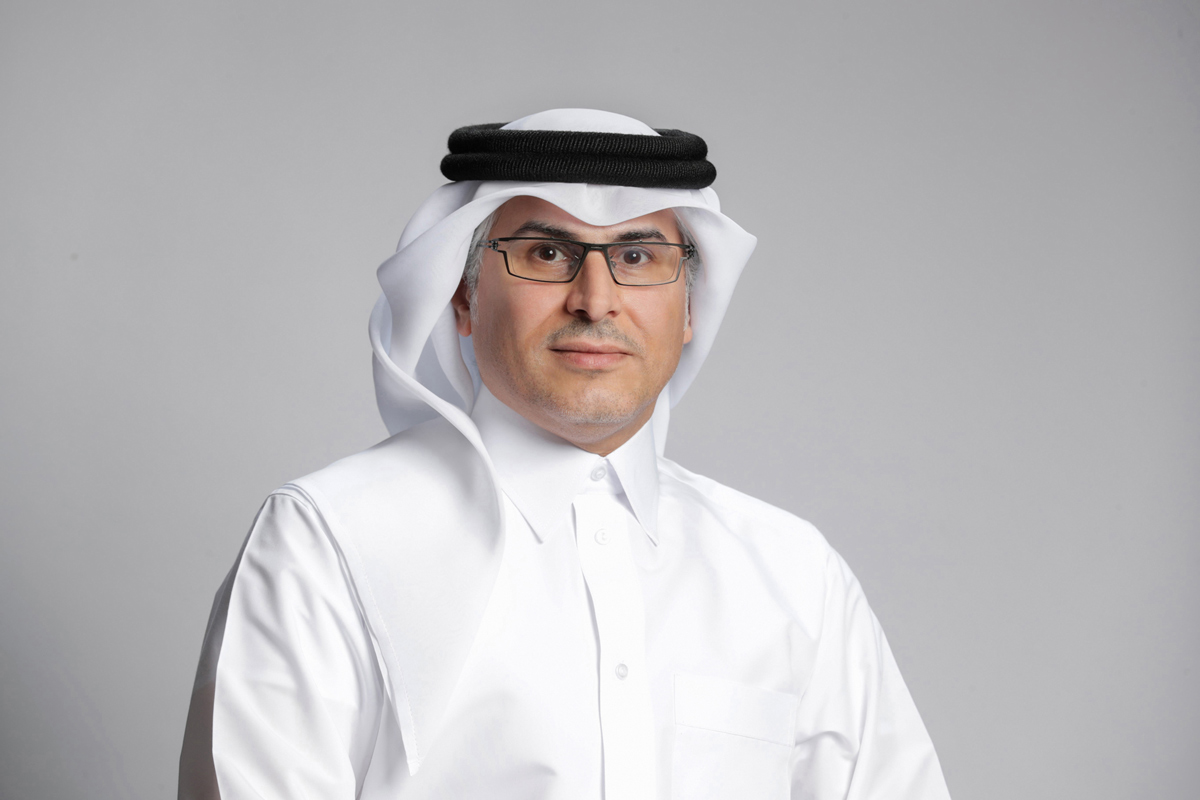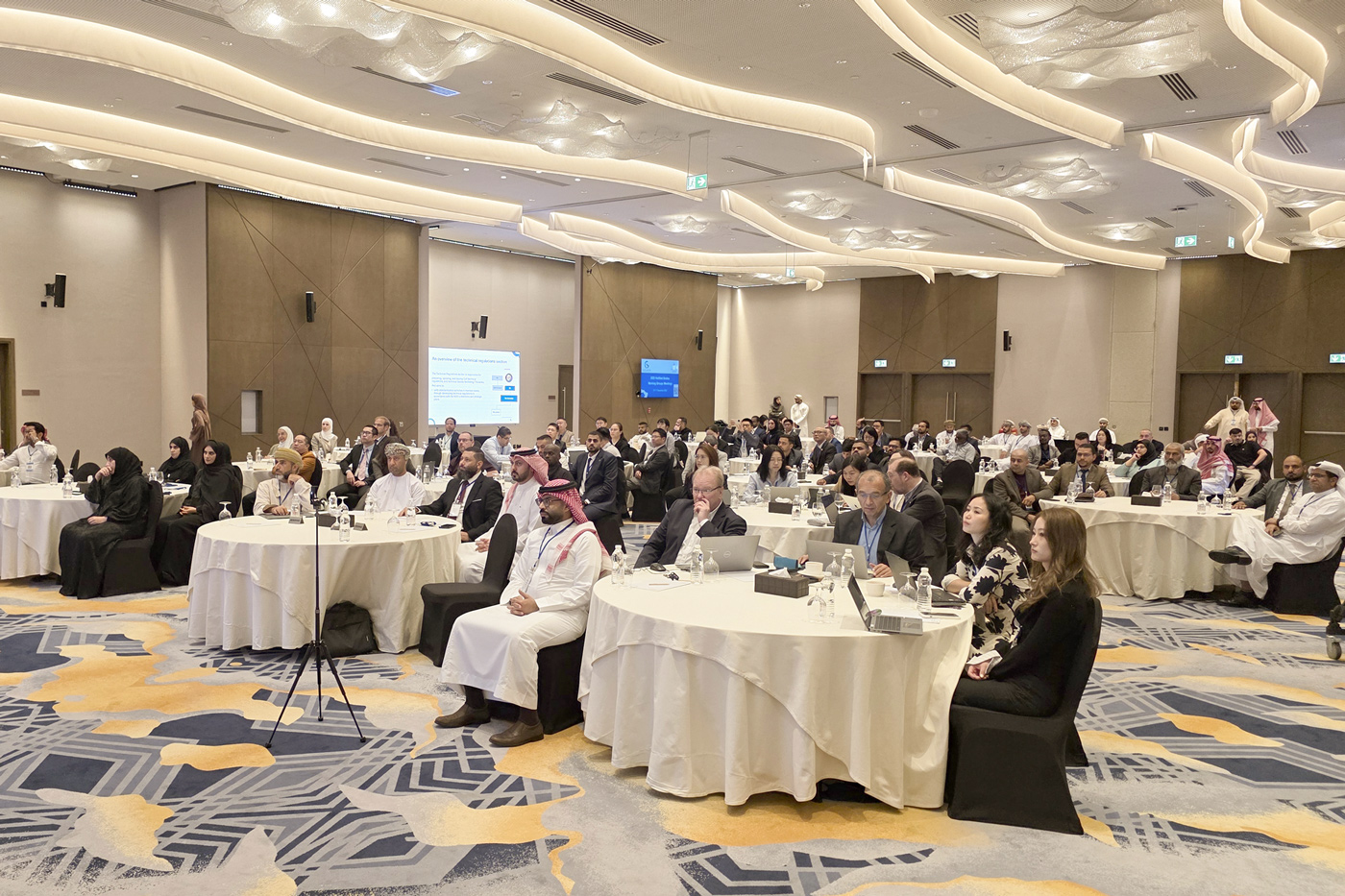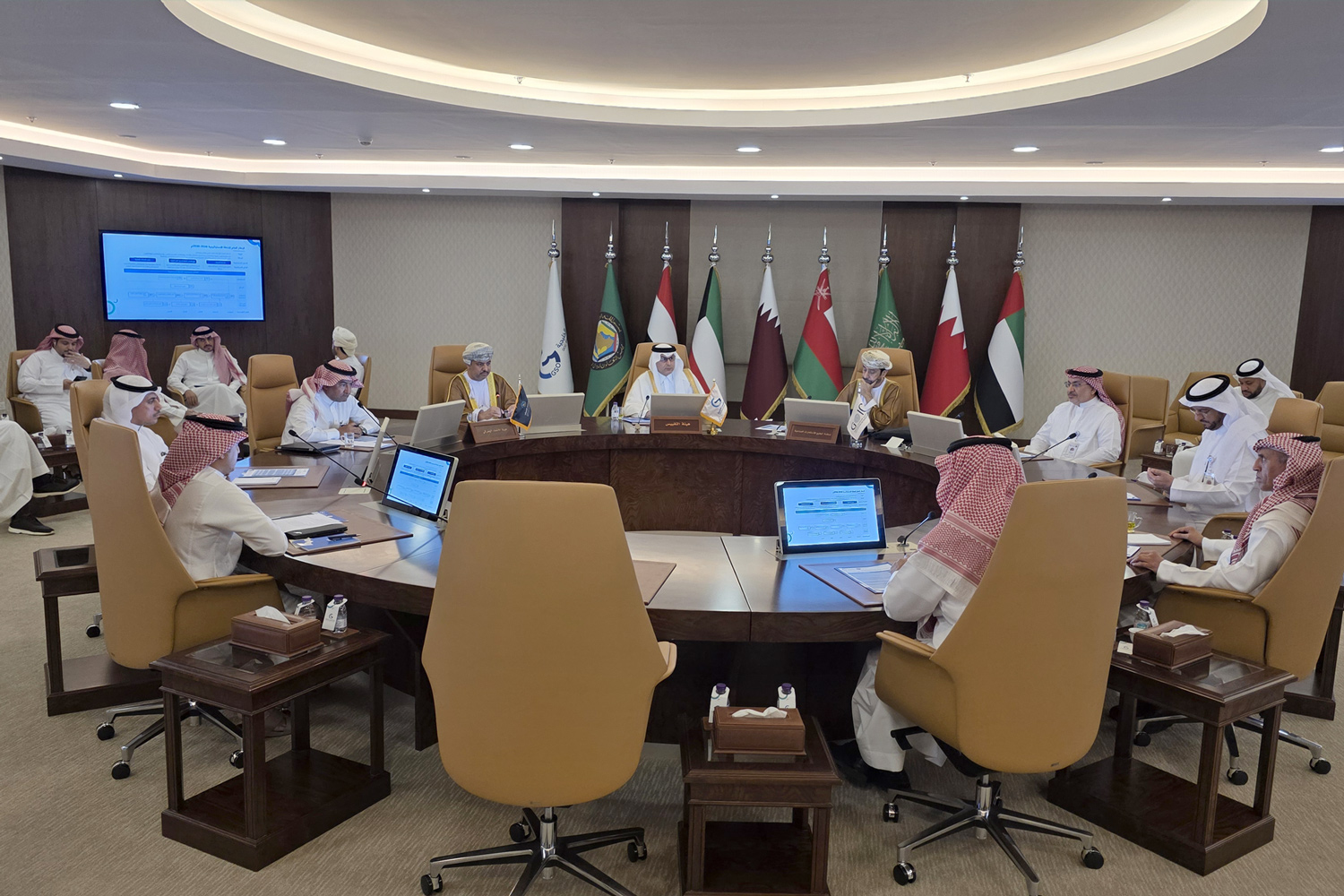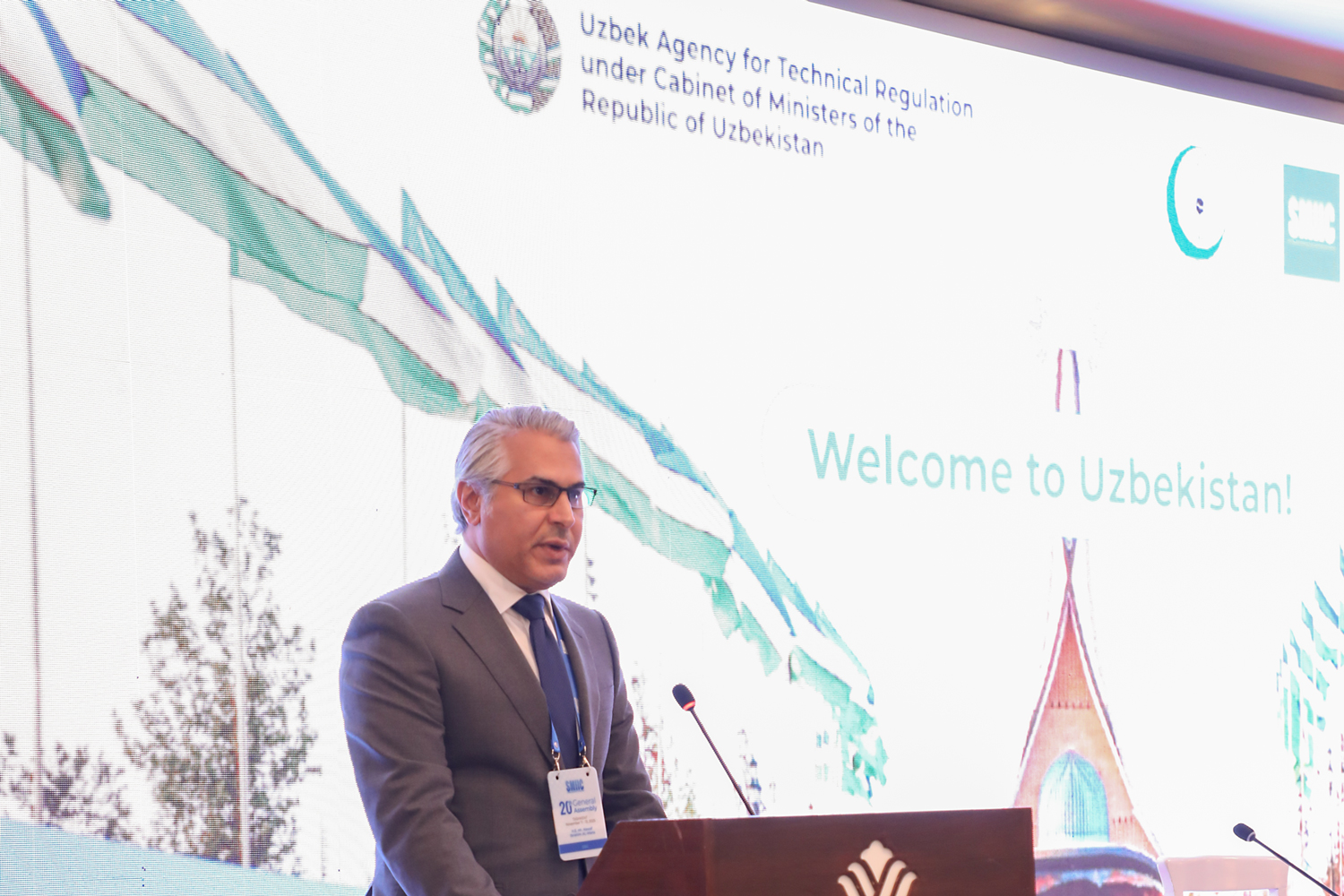Speech of the President of the GSO on the Occasion of World Standards Day 2024

Speech of His Excellency Engineer Nawaf bin Ibrahim Al Mana
President of the GCC Standardization Organization On the occasion of World Standards Day
14 October 2024
Under the theme “Standards and sustainable development goals…our shared vision for a better world”
The GCC Standardization Organization (GSO) joins similar bodies and organizations in the countries of the world in celebrating the 54th World Standards Day, which falls on the fourteenth of October of each year, and coincides with the anniversary of founding the International Organization for Standardization (ISO) on 14 October 1947.
Every year on this day, the International Organization for Standardization (ISO), the International Electrotechnical Commission (IEC) and the International Telecommunication Union (ITU) collectively celebrate this occasion to honor the excellent collaborative efforts of experts around the world who are contributing to the development of international standards.
The celebration this year focuses on the ninth goal of the Sustainable Development Goals, “Industry, Innovation, and Infrastructure in the Age of Artificial Intelligence,” to highlight the role of the standardization community in developing safe and sustainable standards for artificial intelligence, fostering technological innovation, and ensuring that artificial intelligence serves humanity in a sustainable, ethical and responsible manner, while building resilient infrastructure for a prosperous and sustainable future.
On this occasion, I would like to extend my sincere congratulations and best wishes to the national standardization bodies in member states and relevant regional and international organizations in general, and those working in the standards development activity in particular, in recognition of the great efforts they are exerting in the field of preparing and developing standards that contribute significantly in achieving sustainable development goals.
Furthermore, international standards are the core and key to innovation, as they ensure a secure, resilient and interoperable infrastructure, and help to harness the power of artificial intelligence to shape a safer and greener future. With the development of digital technology and artificial intelligence, international, regional and national standards help ensure the security of technical systems, protecting users’ privacy, facilitating the process of research, development and innovation in technical works, and manufacturing and maintaining devices and systems that serve humanity.
Besides, standards constitute the backbone of global progress, as standards ensure compatibility between systems, security, and sustainability. Setting standards ensure management of companies’ projects and initiatives in a sustainable manner. Standards also enhance global cooperation to accelerate innovation through artificial intelligence.
Comprehensive and sustainable industrialization supported by artificial intelligence, along with innovation, can lead to the rise of economic forces that work to create job opportunities and increase income, introduce and develop new technologies, facilitate international trade and enable the effective use of resources, which results in the growth of new industries that improve the standard of living for many people. This, in turn, will have a significant positive impact on the environment.
In effect, the Sustainable Development Goals lead our way towards progress, requiring us to continue our partnerships with different sectors, build new partnerships, focus on supporting environmental, economic and social practices towards achieving sustainable and inclusive growth, and accelerate our future plans and strategies and our shared vision for a better world.
Hence, it is increasingly important to work together with a shared vision to build a world where resilient infrastructure, sustainable industrial growth, and cutting-edge innovation – powered by artificial intelligence and backed by international standards – drive economic transformation, by creating a future where AI-powered solutions feed sustainable growth and transform the global economy for future generations.
From this standpoint, GSO works in cooperation and coordination with the national standardization bodies in member states and its partners from the relevant international and regional organizations to develop and adopt many international standards in the fields of industry, information systems, technology, and others, and has so far issued about 28,000 Gulf standards and technical regulations for various sectors, products and services, covering many areas in mechanics , electricity, construction, information, food and agriculture, management systems, and others which contribute significantly to achieving the sustainable development goals.
GSO also works to adopt and develop digital transformation programs and keep pace with international practices in the field of preparing, developing and supporting standards.
In conclusion, on this occasion, I found it imperative to praise the great efforts exerted by international, regional and national organizations in the field of standardization. I also extend my thanks and gratitude to all employees of GSO, national standardization bodies in member states, regional and international organizations, and all supporters of GSO and standardization in all its activities and fields.



